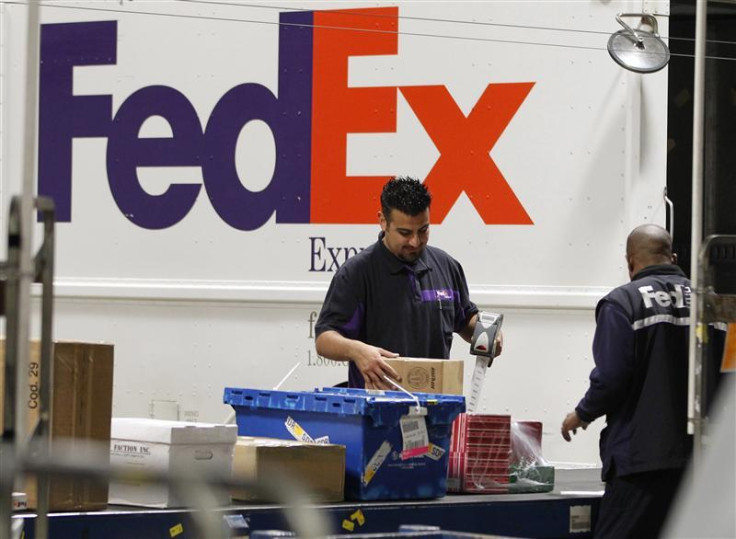Pepsi, Ikea and Hundreds of Companies 'Reducing Global Tax Under Secret Luxembourg Deals'

More than 300 international companies including Pepsi, Ikea, FedEx, AIG, Deutsche Bank and Abbott Laboratories allegedly secured secret deals from Luxembourg to drastically reduce their global tax bills, according to claims by a group of investigative reporters.
The International Consortium of Investigative Journalists (ICIJ), citing leaked documents, reported that the companies appear to have channelled hundreds of billions of dollars through the European duchy, and saved billions of dollars in taxes.
The ICIJ claims to have reviewed 28,000 pages of confidential documents before reaching its conclusion. The documents include hundreds of private tax rulings, known as "comfort letters", that Luxembourg provides to corporations seeking favourable tax treatment.
In some instances, the companies have had effective tax rates of less than 1% on the profits they have shuffled into Luxembourg, ICIJ alleged.
Earlier, the European Union (EU) initiated a probe on Luxembourg over its tax treatment of big companies such as Amazon and Fiat Finance, which apparently violated European law.
Luxembourg officials have supplied some information to the EU in connection with the investigation but have refused to provide a larger set of documents relating to its tax rulings, according to EU officials.
KEY FINDINGS
- Pepsi, Ikea, AIG, Coach, Deutsche Bank, Abbott Laboratories and nearly 340 other companies have allegedly secured secret deals from Luxembourg that allowed many of them to reduce their global tax bills.
- PricewaterhouseCoopers is alleged to have helped multinational companies obtain at least 548 tax rulings in Luxembourg from 2002 to 2010. These legal secret deals allegedly feature complex financial structures designed to create drastic tax reductions. The rulings provide written assurance that companies' tax-saving plans will be viewed favourably by Luxembourg authorities.
- Companies have allegedly channeled hundreds of billions of dollars through Luxembourg and saved billions of dollars in taxes. Some firms have allegedly enjoyed effective tax rates of less than 1% on the profits they've shuffled into Luxembourg.
- Many of the tax deals allegedly exploited international tax mismatches that allowed companies to avoid taxes both in Luxembourg and elsewhere through the use of so-called hybrid loans.
- In many cases Luxembourg subsidiaries handling hundreds of millions of dollars in business maintain little presence and conduct little economic activity in Luxembourg. One popular address – 5, rue Guillaume Kroll – is home to more than 1,600 companies.
Source: ICIJ
The leaked documents claimed accounting firm PricewaterhouseCoopers (PwC) allegedly negotiated tax deals with Luxembourg on behalf of hundreds of corporate clients, the ICIJ said.
In addition, PwC tax advisers allegedly helped the companies by providing financial strategies that feature loans among sister companies and other moves designed to shift profits from one part of a corporation to another to reduce or eliminate taxable income.
The ICIJ cites the example of FedEx Corp, which set up two Luxembourg affiliates to allegedly shuffle earnings from its Mexican, French and Brazilian operations to FedEx affiliates in Hong Kong.
Other companies named in the report are Accenture, Amazon, Blackstone, the Coach handbag empire, H J Heinz, JP Morgan Chase, Burberry, Procter & Gamble, the Carlyle Group and the Abu Dhabi Investment Authority.
Luxembourg's officials denied the claims, saying there are no "sweetheart deals" in the country's financial system.
"The Luxembourg system of taxation is competitive – there is nothing unfair or unethical about it," the ICIJ quoted Nicolas Mackel, chief executive of Luxembourg for Finance, a quasi-governmental agency, as saying.
"If companies manage to reduce their tax bills to a very low rate, that's a problem not of one tax system but of the interaction of many tax systems."
© Copyright IBTimes 2025. All rights reserved.






















